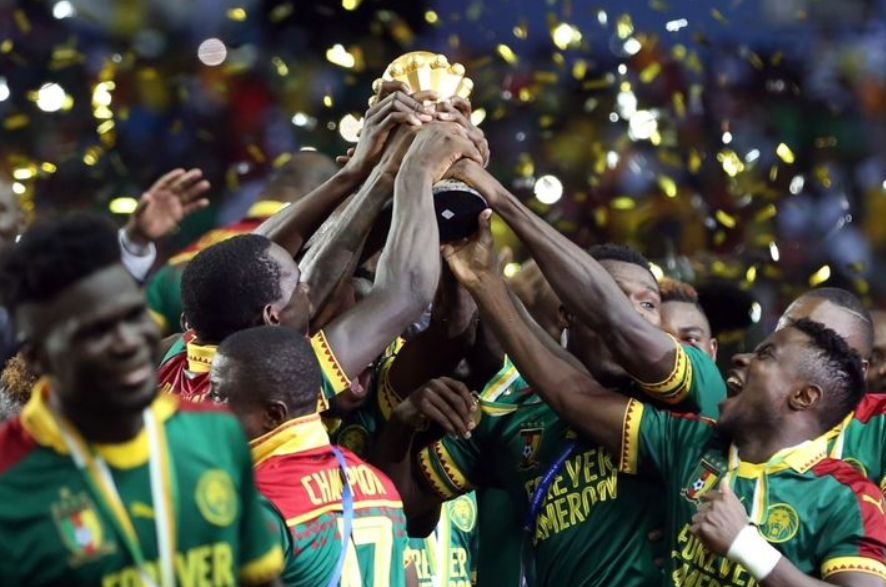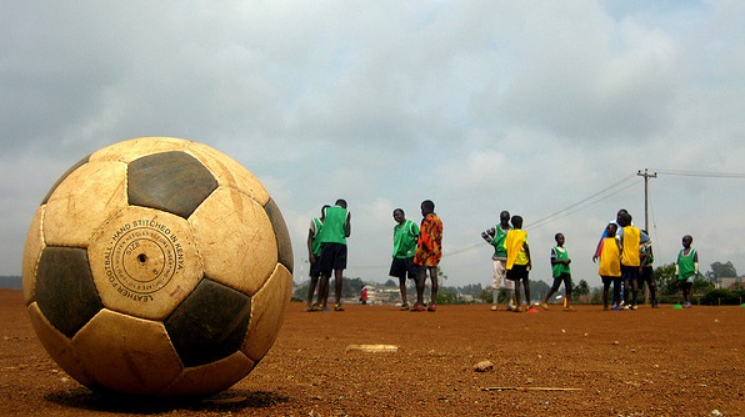
Tactical Evolution and Success: Morocco, Côte d’Ivoire & Senegal
African football is no longer just about passion and raw talent — it’s about structure, tactics, and strategy. The recent success of Morocco at the 2022 FIFA World Cup, Côte d’Ivoire at AFCON 2024, and Senegal in both tournaments has changed the narrative. These teams have not only impressed fans but have also shifted how analysts, scouts, and bettors evaluate African national teams.
What lies behind this golden run? It’s a mix of style evolution, smart coaching, tactical flexibility, and emotional identity — a formula that’s elevating African football to new global standards.
A New Identity: Style Over Strength
Gone are the days when African teams were viewed primarily as physical and unpredictable. Today, they exhibit structured pressing, compact defense, controlled transitions, and disciplined positional play. These changes are not accidental — they are driven by intentional coaching decisions and long-term squad building.
Example: Morocco’s Historic World Cup Run (2022)
Morocco shocked the world by becoming the first African nation to reach a World Cup semifinal, defeating Belgium, Spain, and Portugal along the way. Their play was built on a tight 4-1-4-1 system, patient defending, and sharp counterattacks led by Hakim Ziyech, Sofyan Amrabat, and Achraf Hakimi.
European vs. Local Coaches: A Constructive Blend
African federations are no longer simply hiring high-profile European names. Instead, they’re creating hybrid systems where local coaches and diaspora tacticians collaborate with international football knowledge. The result is a balanced identity rooted in African mentality but built with modern European tactics.
Comparative Coaching Approaches:
| Team | Coach (2022–2024) | Background | Tactical Approach |
|---|---|---|---|
| Morocco | Walid Regragui | Local/Diaspora Hybrid | Structured defense + wide counters |
| Côte d’Ivoire | Emerse Faé | Local (ex-player) | Adaptive 4-3-3, emotional unity |
| Senegal | Aliou Cissé | Local | Compact 4-2-3-1 with possession bursts |
This coaching evolution has empowered African teams to outplay — not just outfight — their opponents.

Smart Squad Building: Europe-Based Cores
All three teams have emphasized player selection based on form, system fit, and flexibility, not just name recognition. Most players are developed in top European academies (Ajax, Rennes, Genk, Marseille) and bring tactical literacy that perfectly supports structured game plans.
Key Squad Selection Patterns:
- European-based defensive lines
- Midfielders with high work rates and pressing awareness
- Versatile attackers who can switch flanks or drop between lines
- Young players balanced with experienced leadership (e.g., Koulibaly, Zaha, Saïss)
This strategic assembly of players allows each team to adjust mid-game, control tempo, and neutralize stronger opponents.
Emotional Drive: More Than Just Football
Emotion is still a key ingredient — but now, it’s channeled. Each team has embraced its identity and fan culture. Côte d’Ivoire’s AFCON 2024 win at home was fueled by a story of national pride, underdog revival, and redemption after early group-stage struggles.
Morocco’s World Cup run united the African and Arab world in rare harmony, while Senegal’s disciplined journey continues to inspire after their AFCON 2022 triumph.
Impact on Betting Markets
The tactical and mental evolution of these teams has made betting on African national teams more analytical and less emotional. In the past, markets often underrated their defensive organization or overestimated volatility.
What Bettors Are Now Considering:
- Total Goals (Under 2.5) in matches with Morocco or Senegal
- Both Teams to Score – No when African teams play deep-lying systems
- Live Betting on Late Goals due to mental resilience (Côte d’Ivoire comeback vs Mali in AFCON 2024)
- Player Props: Fouls, tackles, and cards in high-intensity matches
Takeaways for Analysts and Bettors
Here’s what makes these teams so profitable and fascinating — both on and off the pitch:
Tactical Advantages:
- Clear systems and shape retention
- Adaptability between formations (4-1-4-1, 4-2-3-1, 3-4-3)
- Emphasis on set pieces and pressing triggers
Betting Implications:
- Better risk management
- Stronger performance in tournaments
- More accurate pre-match analysis due to tactical predictability
Africa’s top national teams are no longer outsiders hoping to upset the odds — they are serious contenders shaped by coaching intelligence, tactical clarity, and emotional cohesion. The next tournaments will not only showcase their talent but also continue to shift how the world — and the betting market — evaluates African football.
You May Also Like

How to make the most winning soccer bets
10.03.2023
The 5 best sports to bet on
01.04.2023

